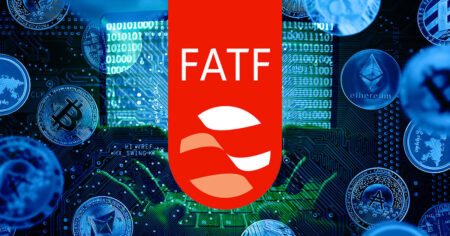Ethereum co-founder Vitalik Buterin recently addressed why the Ethereum Foundation, the non-profit supporting the blockchain network, opts to sell its ETH holdings rather than stake them.
His comments follow increasing community criticism, calling on the Foundation to manage its resources more responsibly.
Why the Ethereum Foundation Doesn’t Stake Its ETH
In an October 27 post on X, Buterin outlined the rationale behind the Foundation’s decision to periodically sell ETH. He noted that staking could lead the Foundation to take an “official stance” on certain network upgrades, particularly during contentious hard forks — something it wants to avoid.
However, Buterin revealed that the Foundation is exploring other methods to engage with staking. These options include issuing grants in staked ETH, which would allow grant recipients to stake the ETH, control withdrawal timelines, and keep the rewards. Another potential approach is delegating staking responsibilities to multiple organizations to stake on the Foundation’s behalf.
“One interesting idea around this that is being considered is giving some grants in the form of ‘you can stake our ETH, you choose how as long as it’s ethical, and keep the upside,” Buterin stated.
Staking is essential to Ethereum’s proof-of-stake (PoS) mechanism, where users lock up ETH to validate transactions and earn rewards. Many in the crypto community argue that by staking its ETH, the Ethereum Foundation could fund its operations through these rewards, potentially reducing the need to sell off assets.
Ethereum Foundation ETH Holdings. Source: ScopeScan
Recently, blockchain analytics platform ScopeScan reported that the Foundation had sold 4,066 ETH, valued at $11.24 million, on-chain via the decentralized exchange CoWSwap this year. ScopeScan also calculated that, with the current annual staking return of 3.1%, the Foundation’s 271,000 ETH holdings — worth approximately $673 million — could generate 8.4 million ETH (or about $20.8 million) per year if staked.
During this conversation, Buterin encouraged the crypto community to recognize the Ethereum Foundation’s broader contributions to the digital asset.
According to him, proceeds from ETH sales fund critical payments to the developers and researchers responsible for major network upgrades. These include Ethereum’s transition to Proof-of-Stake, consistent low transaction fees, and rapid processing speeds averaging around 30 seconds.
Buterin also highlighted the Foundation’s support for innovations like zero-knowledge technologies for enhanced privacy and account abstraction for improved security. Additionally, the Foundation sponsors local Ethereum events worldwide, strengthening the community and network security.
Read the full article here









